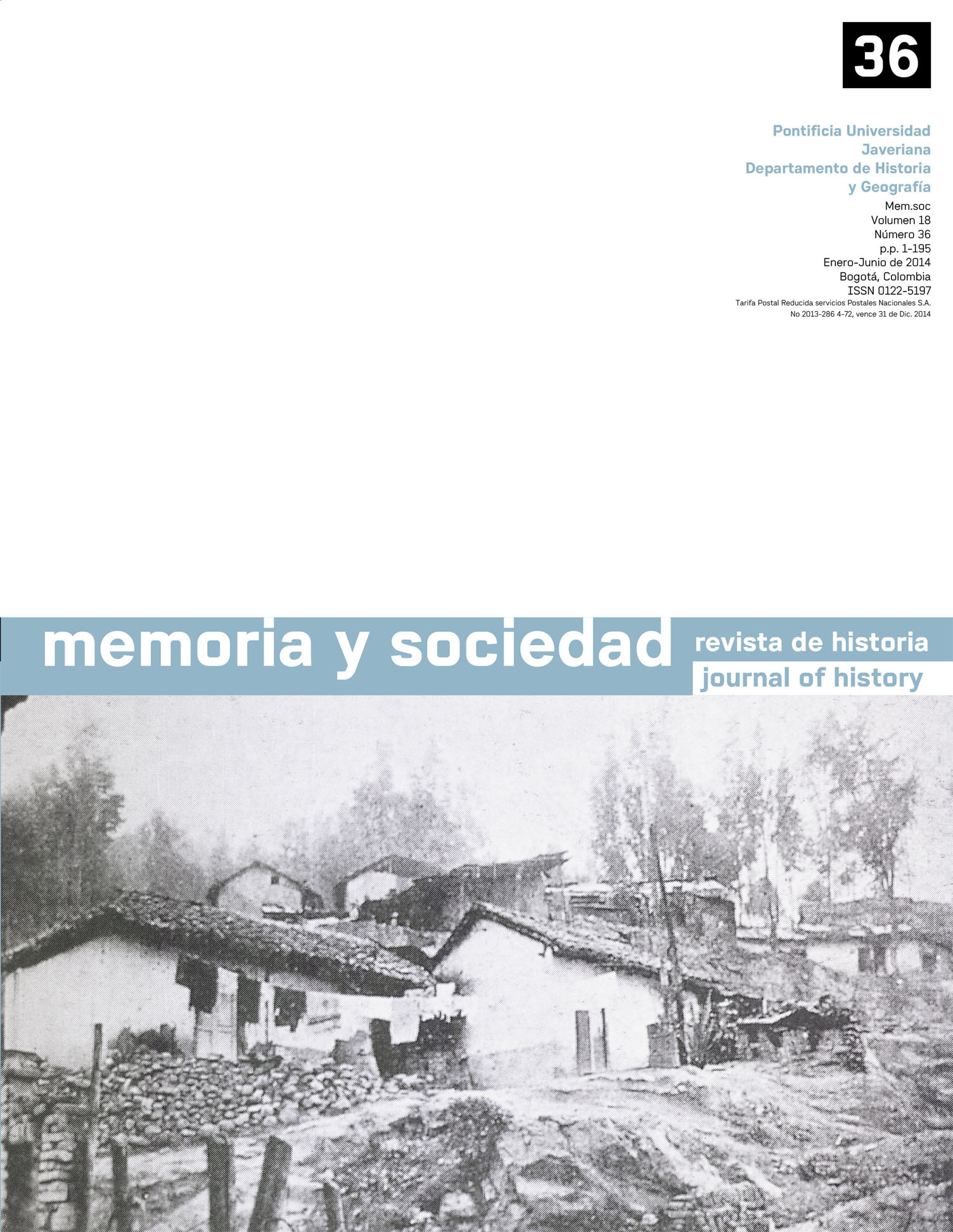Abstract
The aim of this paper is to show how, at the height of the Cold War, the British intelligence services responded to the new spy system created by the Comintern developing a secret campaign of political and cultural propaganda, under the cover of prestigious foundations to channel intellectuals in defense of a liberal democracy. This spy system expected to carry out propaganda secret operations and manipulate the intellectuals from almost the very beginning of the Soviet Revolution. The keystone to win the battle of consciences was the Congress for Cultural Freedom and its editorials, magazines, exhibitions, scholarships, concerts, congresses and conferences. Finally, it will be noted how the Congress for Cultural Freedom implemented the political conception of "non-communist left" to sustain the social democracy in the Western bloc.The journal Memoria y Sociedad is registered under a Creative Commons Attribution 4.0 International Public License. Thus, this work may be reproduced, distributed, and publicly shared in digital format, as long as the names of the authors and Pontificia Universidad Javeriana are acknowledged. Others are allowed to quote, adapt, transform, auto-archive, republish, and create based on this material, for any purpose (even commercial ones), provided the authorship is duly acknowledged, a link to the original work is provided, and it is specified if changes have been made. Pontificia Universidad Javeriana does not hold the rights of published works and the authors are solely responsible for the contents of their works; they keep the moral, intellectual, privacy, and publicity rights.
Approving the intervention of the work (review, copy-editing, translation, layout) and the following outreach, are granted through an use license and not through an assignment of rights. This means the journal and Pontificia Universidad Javeriana cannot be held responsible for any ethical malpractice by the authors. As a consequence of the protection granted by the use license, the journal is not required to publish recantations or modify information already published, unless the errata stems from the editorial management process. Publishing contents in this journal does not generate royalties for contributors.

